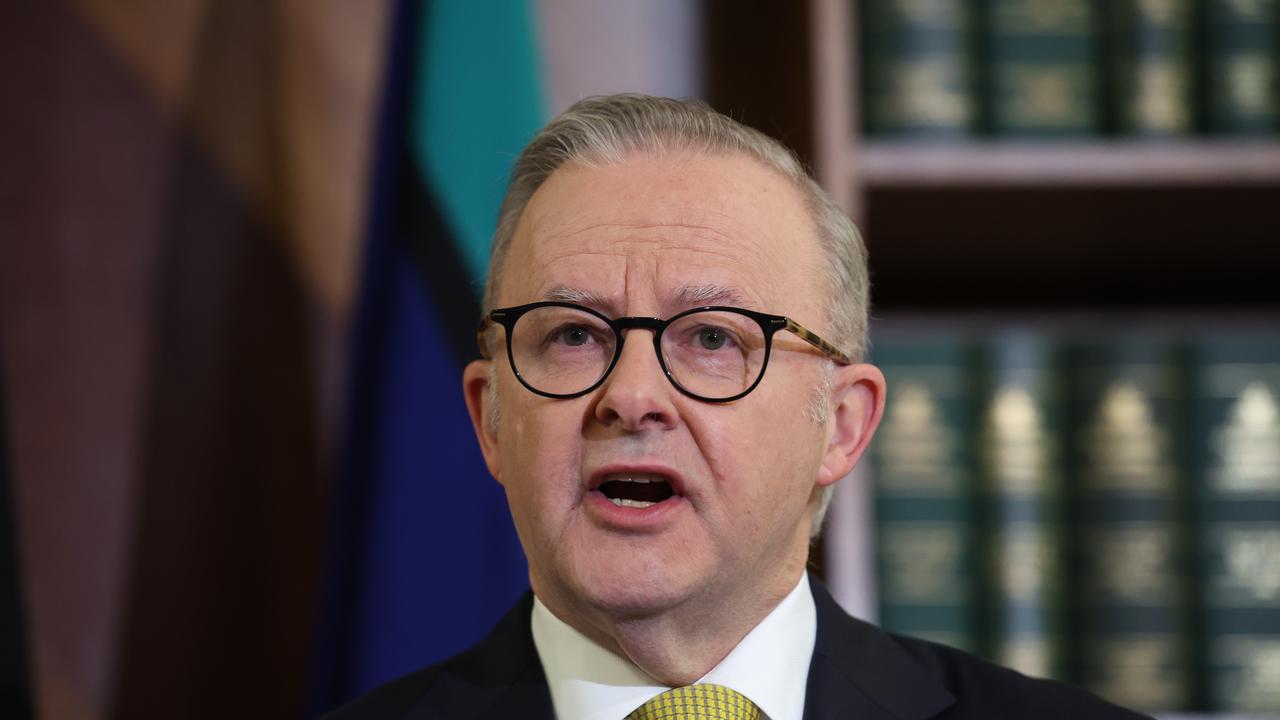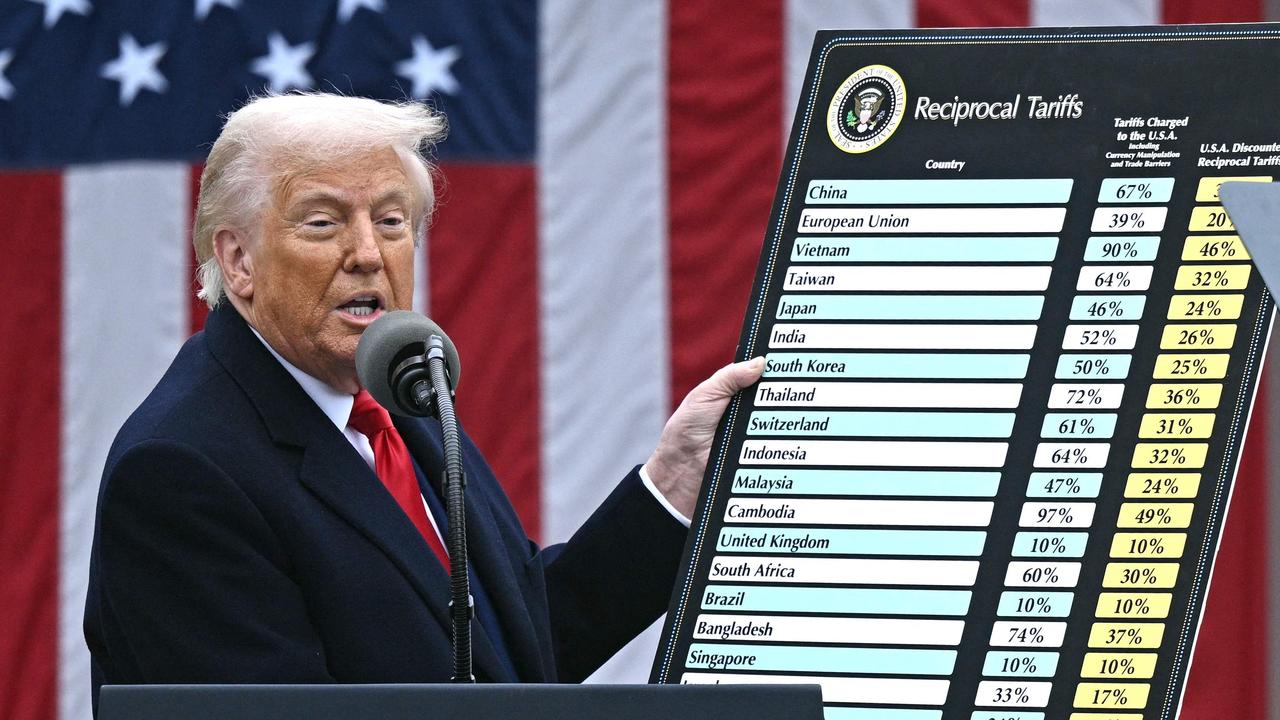Spectre of Donald Trump looms over Australian election campaign
If the siege Anthony Albanese endured yesterday proved one thing, it’s this: Donald Trump is very much a factor in our election.
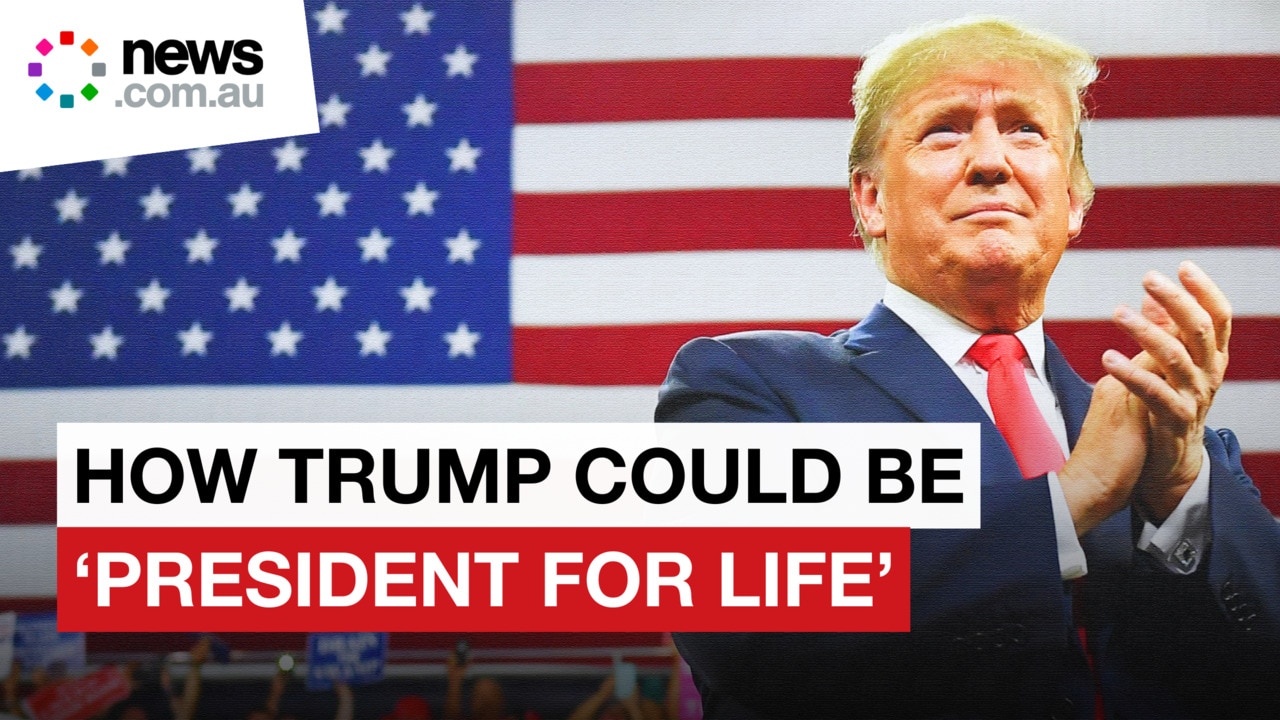
Federal Election
Don't miss out on the headlines from Federal Election. Followed categories will be added to My News.
Comment
Donald Trump was never going to be the sort of overwhelming presence in our election campaign that he is in the parallel contest currently taking place in Canada.
He hasn’t been nattering on about making Australia a US state, for one thing, nor does he seem particularly interested in belittling our national leaders. The giant ocean between our countries is useful in that regard; were we snuggled up right on America’s border, things might be different.
But as we saw during Tuesday’s press conference with Anthony Albanese in Adelaide, Mr Trump could still impact our election. The Prime Minister was bombarded with questions about the US President’s imminent tariffs and his government’s probably fruitless efforts to spare Australia from them.
Just like everything else this government has said about the US administration since Mr Trump took office in January, his answers sounded tone deaf. Disconnected from reality, even.
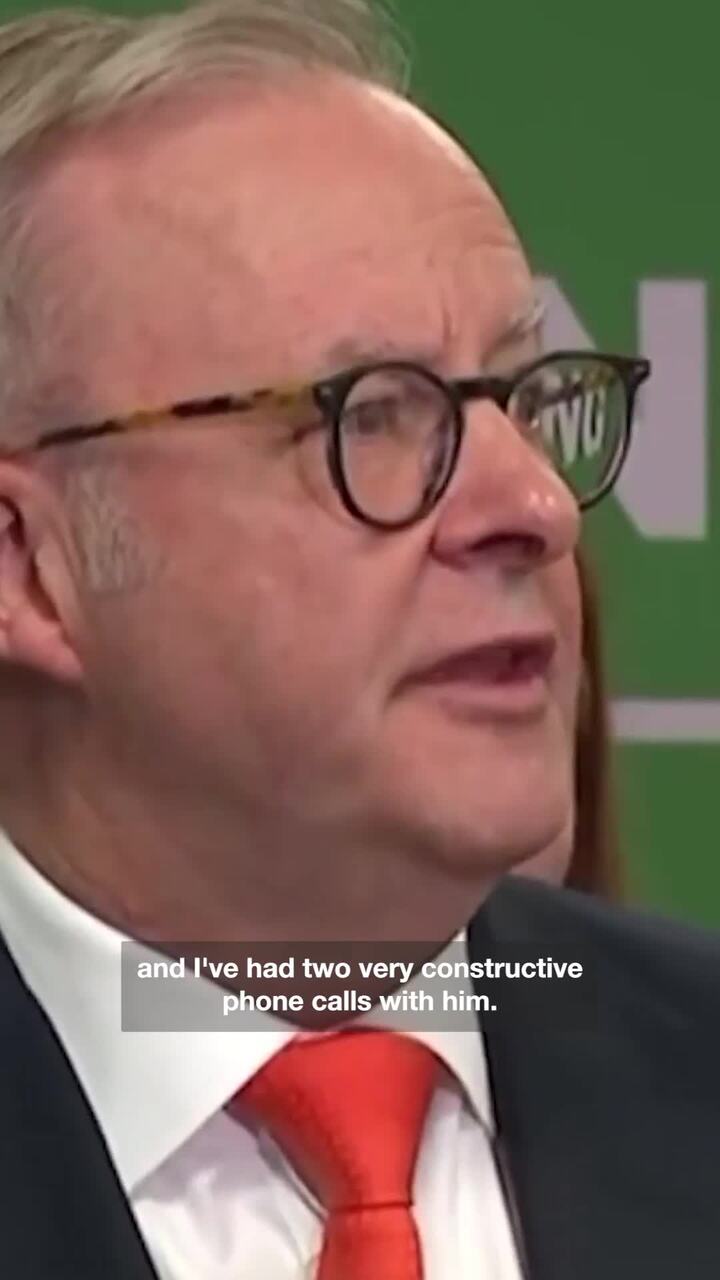
Twice, during that media conference, Mr Albanese laid out his diplomatic blueprint for dealing with the President. It was the same thing any other Australian prime minister would have said in reference to any other US president.
“You’ve requested a third phone call (with Mr Trump). Why haven’t you been able to get it?” a reporter asked him.
“What we’re doing is – the US is putting forward a position. We’re putting forward a position. What happens is, phone calls come together when things are agreed,” said Mr Albanese.
Here’s the second time it happened.
“You can’t get the leader of our most important security ally on the phone to talk about tariffs. Should there be a consideration to shift our foreign policy to be less wedded to Washington?” a journalist asked.
“No. We support our foreign policy, as I’ve said on a number of occasions,” the PM replied.
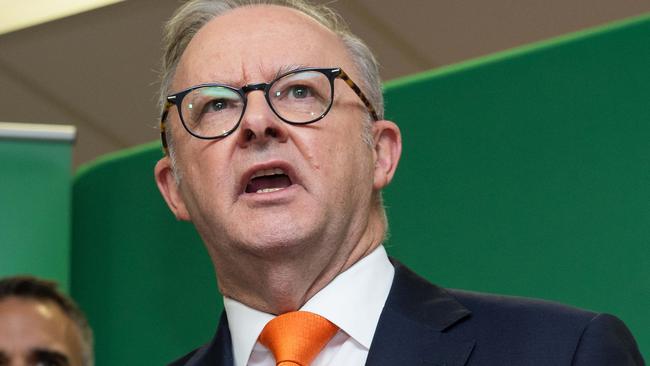
“What happens is, there’s negotiations between the respective sides, between Australia and the United States. They have put positions to us, and we have put positions to them. Then when, if things are agreed, then what happens is that the leaders get to do the grand signature, or get to have that declaration.”
At another point, when pressed again, Mr Albanese stressed that Mr Trump had granted his request, during their one phone call discussing the tariffs, that the “US Treasury Secretary and officials attend the meeting that was held with Australian superannuation funds” during Treasurer Jim Chalmers’ trip to America.
That was meant to reinforce our government’s pitch to the Trump administration by highlighting all the lovely investment, up to $500 billion worth, that Australian super funds could make in the US across these coming years.
Right. OK. To what degree are we fooling ourselves here, if we think making Mr Trump’s stiff businessman Treasury Secretary Scott Bessent sit through a boring meeting will, or even could, have any effect on the President’s determination to impose tariffs worldwide?
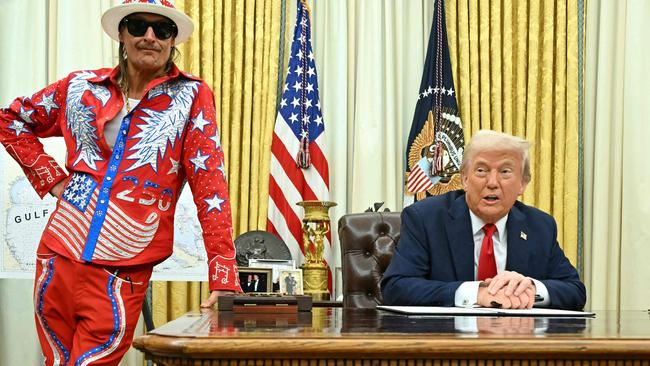
Donald Trump is not the sort of national leader who listens to sober recommendations from his Treasury Department. By most insider accounts the man doesn’t even read his briefing papers. The way to convince him of something, if you’re going to try, is to speak to him directly.
The problem for Mr Albanese here is twofold. One, has he tried hard enough, or does he even have sufficient access, to put Australia’s case against these tariffs forward? Because the whole “my people will talk to your people” thing was never likely to work.
It’s fine, when dealing with most other world leaders, to send your respective teams away to hash something out, and then show up with your pen and your esteemed counterpart to sign an overhyped piece of paper for the cameras. That just isn’t how Donald Trump operates when he has made up his mind about something.
(I will absolutely pen a grovelling withdrawal of all this criticism, by the way, if Mr Trump unveils his worldwide tariffs this week and Australia is miraculously left untouched.)
The second problem is this bland diplomat-speak we keep hearing from the government, which never changes in any appreciable way, no matter what the US administration does.
Mr Trump has spent his twoish months in power actively antagonising his country’s closest allies, and delighting in it. He keeps talking about annexing America’s largest trading partner. He’s hours away from imposing tariffs so comprehensive they could cause the entire global financial system to shudder. He’s parroting straight-up Putin propaganda from behind the Resolute Desk.
Canada, France, Germany – the list of leading democratic countries that have concluded the US is no longer a trustworthy or reliable ally stretches beyond those three, but the three of them are frankly enough to conclude something is wrong.
And here our government is, saying the same old lines about our “constructive relationship” with America as though nothing out of the ordinary is happening.
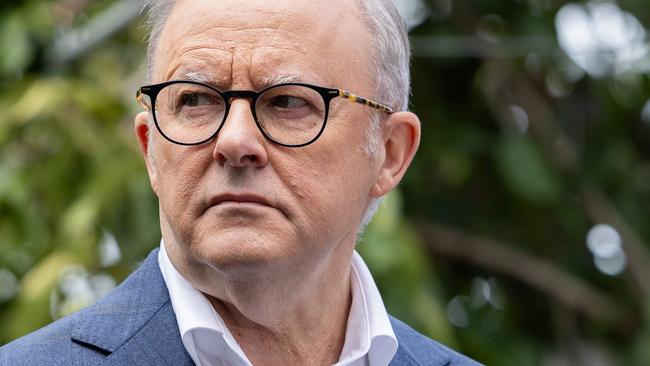
I do wonder whether that will start to wear thin. You make allowances for the realities of diplomacy when judging this stuff, of course you do. Mealy-mouthed statements from people we know damn well don’t believe them in private? That’s par for the genre. But when you’re dealing with a counterpart who gives every indication that he wants to be the bad guy in an abusive relationship, it becomes harder to justify that level of meekness.
And yeah, sure, foreign policy is rarely an issue of any significance in Australian elections. That may well change on April 2, US time, when we learn exactly how Mr Trump’s tariffs will hurt us.
Australia has quite simply fallen behind the rest of the world when it comes to recognising what the second Trump administration is, and what that means. And when those tariffs start to bite, a great many Australians are going to start wondering why we are still being so nice, when those good manners are being thrown back in our face.
We started this by mentioning Canada. Look at Mark Carney. Look at the revival of that country’s centre-left Liberal Party, which barely had a pulse until Mr Trump embarked on his bullying campaign and sparked a wave of defiant nationalism.
When you listen to Canadians these days, it’s obvious they know they’re about to endure some pain as payment for fighting Donald Trump. And what else do you hear from them? Clarity. They’re under no illusions about the person they’re dealing with.
We are still shuffling our way along, head down, hoping not to attract too much attention. America’s nice, affable ally which never kicks up a fuss, never makes things difficult, but puts its case forward politely and hopes for mercy. That’s who we are.
Canada was affable too, once. Famously so. How did that work out?
Twitter: @SamClench
Originally published as Spectre of Donald Trump looms over Australian election campaign


